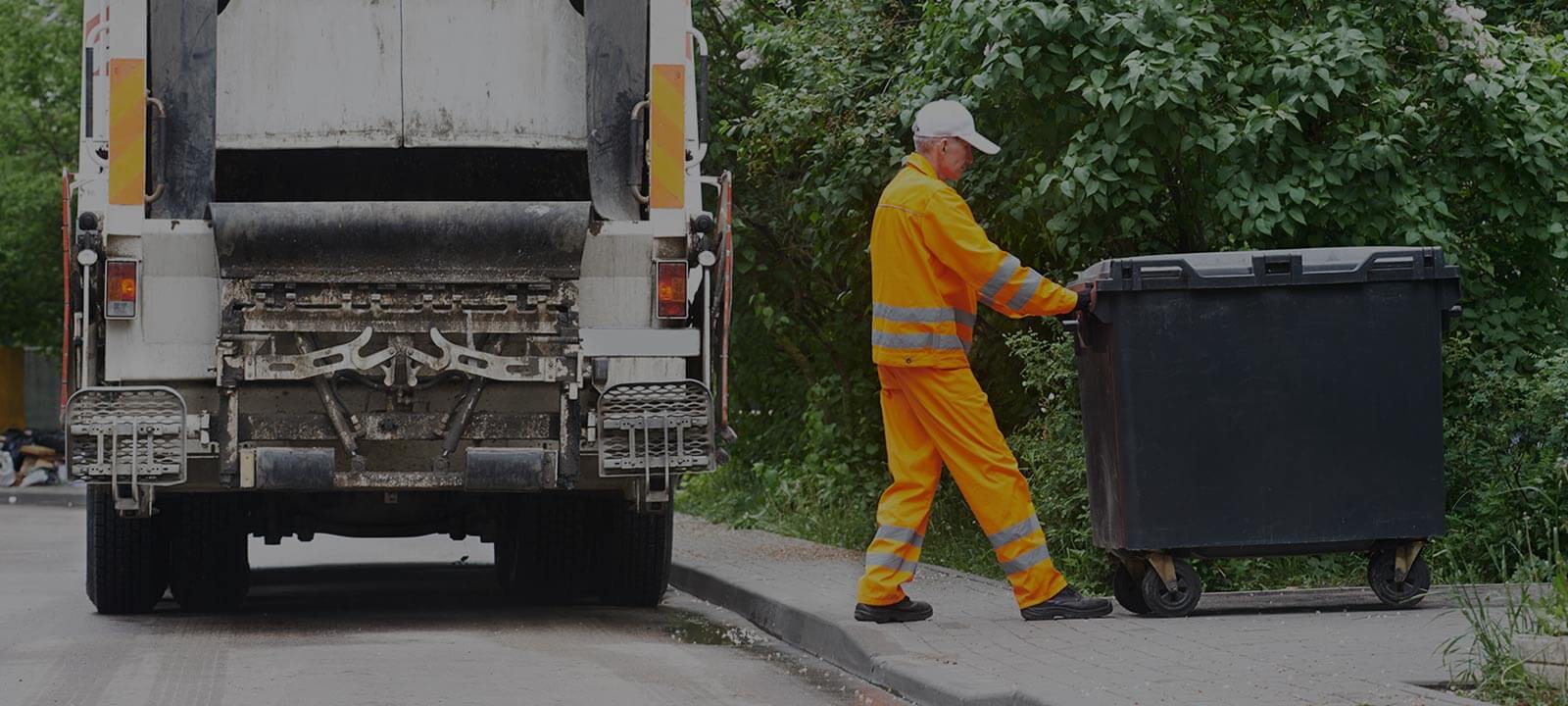5 Reasons for Effective Waste Management
Posted on 09/01/2025
1. Environmental Protection
Effective waste management plays a crucial role in safeguarding our environment. When waste is managed properly, it reduces the amount of garbage that ends up in landfills, incinerators, or natural habitats. This minimizes soil, water, and air pollution, thereby protecting wildlife and ecosystems.

2. Human Health and Well-being
Poor waste management can lead to a multitude of health problems for humans. Unregulated waste disposal can contaminate drinking water sources, spread infectious diseases, and attract pests. Proper segregation, collection, and disposal of waste can significantly mitigate these health risks and lead to a healthier community.
3. Resource Conservation
Efficient waste management promotes the recycling and reusing of materials, which conserves natural resources. Recycling paper saves trees, recycling metals reduces the need for mining, and composting organic waste enriches soil quality. All these actions contribute to sustainable resource management and reduce the strain on the planet's resources.
4. Economic Benefits
Implementing effective waste management systems presents several economic advantages. Recycling materials and turning waste into energy can generate revenue. Moreover, communities can save money by reducing the costs associated with waste disposal. Employment opportunities can also arise in waste management sectors such as collection, processing, and recycling.
5. Compliance with Regulations
Governments around the world are enacting stricter waste management laws and regulations. Adhering to these regulations not only avoids legal repercussions and fines but also enhances an organization's reputation. Compliance indicates a commitment to responsible waste management practices, fostering trust and respect among stakeholders.
Pros and Cons of Effective Waste Management
Pros:
- Reduces environmental pollution.
- Promotes public health and safety.
- Conserves natural resources through recycling and reusing.
- Creates economic opportunities and saves disposal costs.
- Ensures compliance with legal regulations.
Cons:
- High initial costs for waste management infrastructure.
- Requires continuous education and awareness programs.
- Managing waste segregation can be labor-intensive.
- Challenges in maintaining consistent recycling rates.
- Possible issues with improper disposal methods by individuals or businesses.
Tips for Effective Waste Management
- Educate the community about the importance of waste segregation.
- Implement recycling programs and provide clearly marked bins.
- Encourage composting of organic waste.
- Adopt waste reduction strategies, such as reducing single-use plastics.
- Partner with professional waste management companies for efficient disposal.

Takeaways
Effective waste management is vital for environmental protection, public health, resource conservation, and economic development. While there are some challenges, the benefits far outweigh the drawbacks. Awareness, education, and community involvement are key components in achieving effective waste management practices.
Conclusion
In conclusion, effective waste management is an integral part of a sustainable future. By reducing pollution, protecting health, conserving resources, and adhering to regulations, communities can reap significant benefits. Implementing proper waste management strategies requires dedication and cooperation but ultimately leads to a cleaner, healthier, and more economically viable world. Make waste management a priority today and contribute to a better tomorrow!
Latest Posts
Reusing for Resource Conservation
Industry applauds government's dedication to improving e-waste recycling practices






